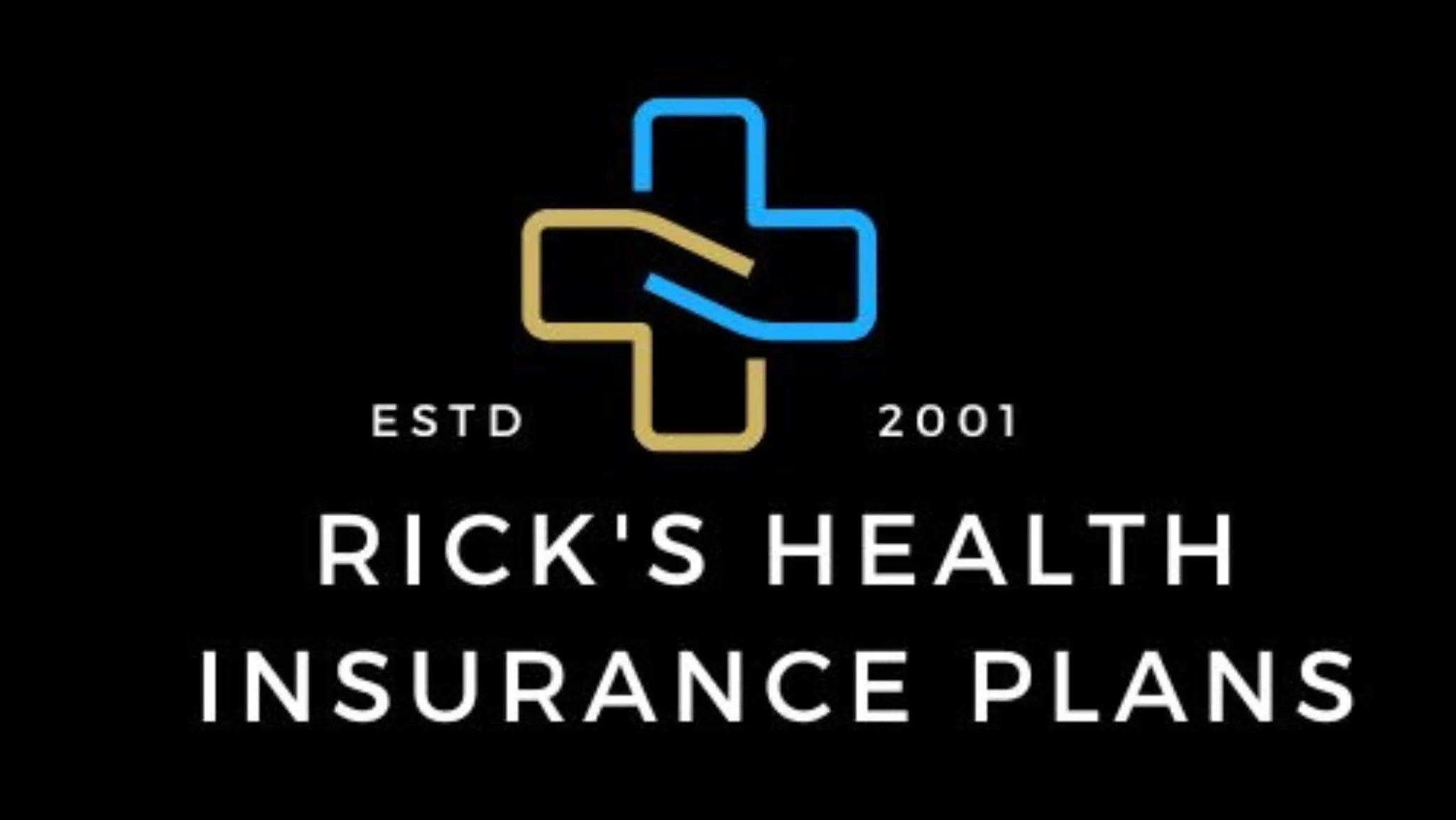Health Insurance Definitions:

What is a deductible in health insurance?
Here's my basic english way to understand it...
Deductible are a fixed, annual amount which a patient has to pay to provider before getting the services from insurance.
The amount you pay for covered health care services before your insurance plan starts to pay.
With a $2,000 deductible, for example, you pay the first $2,000 of covered services yourself. After you pay your deductible, you usually pay only a copayment.
After you pay your deductible, you usually pay only a copayment or coinsurance for covered services.
Your insurance company pays the rest.
Many plans pay for certain services, like a checkup or disease management programs, before you've met your deductible.
Check your plan details. All Marketplace health plans pay the full cost of certain preventive benefits even before you meet your deductible.
Some plans have separate deductibles for certain services, like prescription drugs.
Family plans often have both an individual deductible, which applies to each person, and a family deductible, which applies to all family members.
Generally, plans with lower monthly premiums have higher deductibles. Plans with higher monthly premiums usually have lower deductibles.
What is coinsurance in health insurance?
Coinsurance is a portion of the medical cost you pay after your deductible has been met.
Coinsurance is a way of saying that you and your insurance carrier each pay a share of eligible costs that add up to 100 percent.
How to pick a health insurance plan.
Your total costs for health care: Premium, deductible & out-of-pocket costs
When choosing a plan, it’s a good idea to think about your total health care costs (including the premium, deductible, and copayment/coinsurance amounts), the health and drug services you'll use, the health plan category that works best for you, and plans with easy pricing.
Think about a plan's deductible and copays, not just the premium.
In addition to a plan’s monthly premium, the out-of-pocket costs you pay when you use services have a big impact on your total health care spending.
Your total costs for the year include your plan’s:
Monthly premium x 12 months: The amount you pay to your insurance company each month to have health insurance.Deductible: How much you have to spend for covered health services before your insurance company pays anything (except free preventive services)
Copayments and coinsurance: Payments you make to your health care provider each time you get care, like $20 for a doctor visit or 30% of hospital charges.Out-of-pocket maximum: The most you have to spend for covered services in a year. After you reach this amount, the insurance company pays 100% for covered services.
Estimate the health and drug services you’ll use.
Think about the health services and prescriptions drugs your household usually gets. Then, estimate the services you’re likely to use in the year ahead.
Get estimated total yearly costs when you preview plans & prices.
Note: Your actual expenses will vary, but the estimate is useful for comparing plans’ total impact on your household budget.
What is copay in health insurance?
A copay (or copayment) is a flat fee that you pay on the spot each time you go to your doctor or fill a prescription.
For example, if you hurt your back and go see your doctor, or you need a refill of your child's asthma medicine, the amount you pay for that visit or medicine is your copay.
Usually a $15, $40 or $70 copay is what you'll pay when you show up to the doctor appt.
What is considered an urgent medical condition?
The difference between urgent care and emergency rooms is the severity of the health problem. If the condition is life-threatening, go to an emergency room. If the condition is a minor illness or injury, take advantage of the convenience and affordability your local Urgent Care.
Urgent medical condition means a Condition manifesting itself by acute symptoms that are of lesser severity than those recognized for an Emergency Medical Condition, such that a prudent layperson who possesses an average knowledge of health and medicine could reasonably expect the illness or injury to place the health or safety of the Member or another individual in serious jeopardy, in the absence of medical treatment within 24 hours. Examples of Urgent Medical Conditions include high fever, dizziness, animal bites, sprains, severe pain, respiratory ailments and infectious illnesses.
Working with Rick was a great experience...
"Got me the plan I needed. Very affordable."
-Adam
© 2023 Ricks Insurance Plans. All Rights Reserved.
